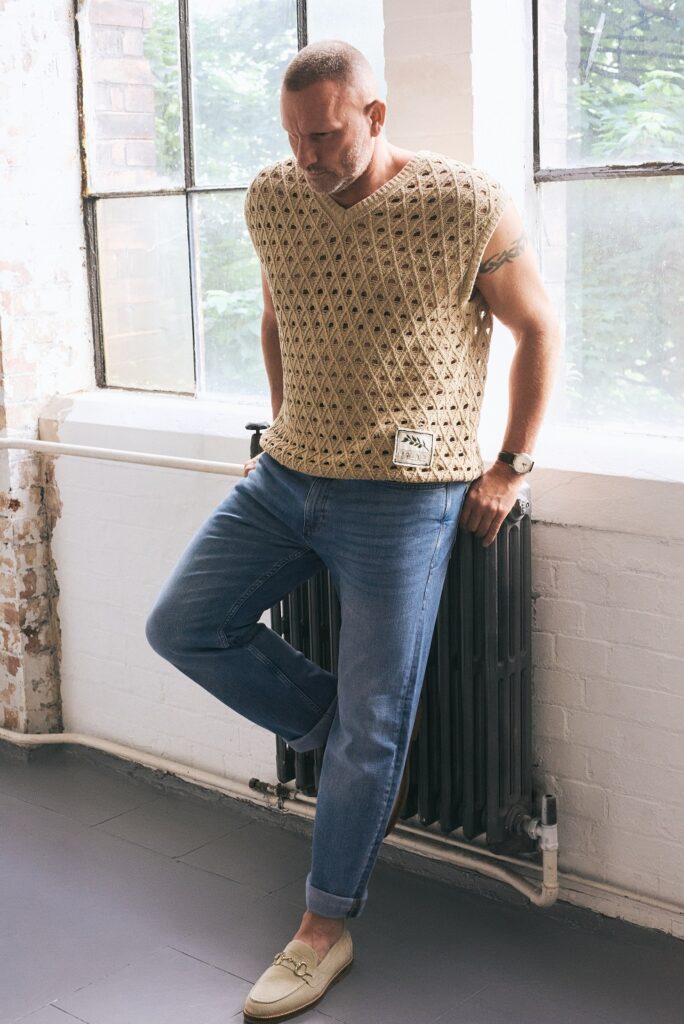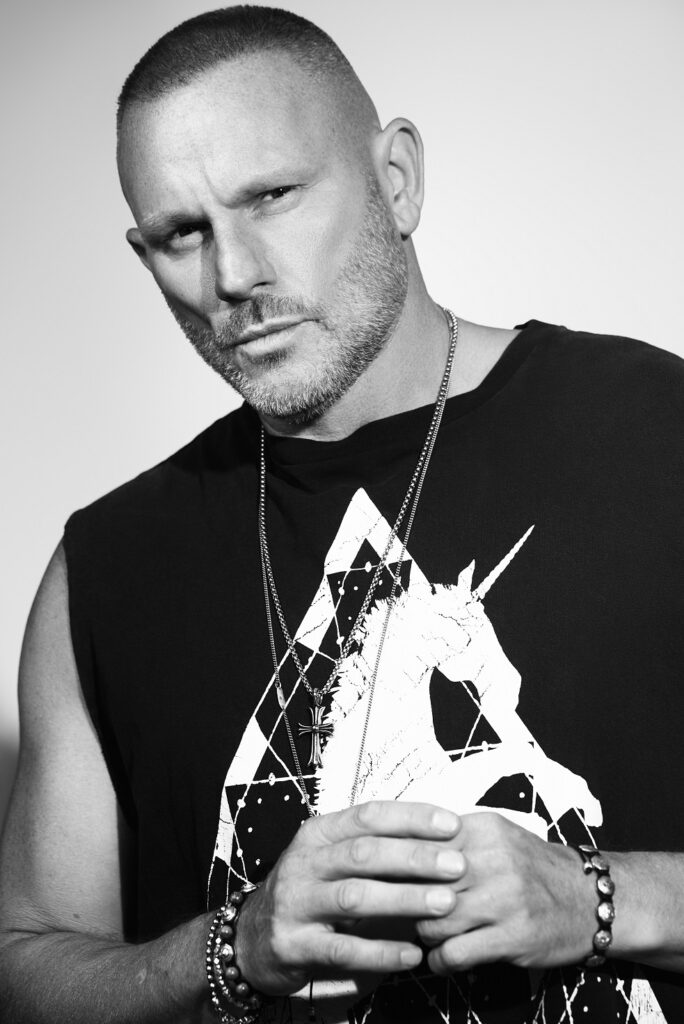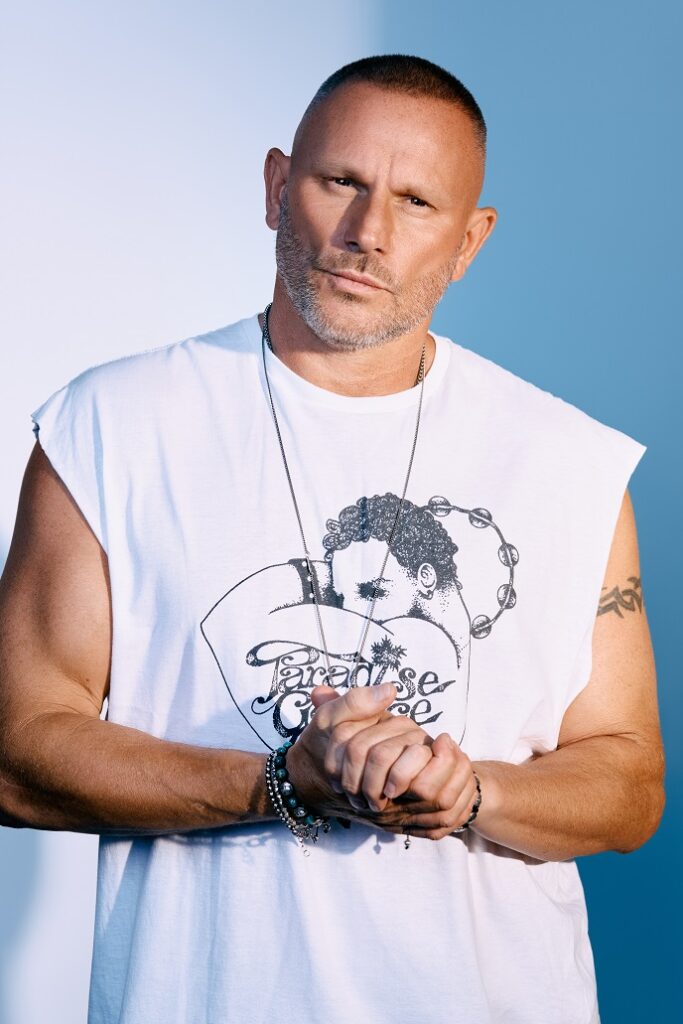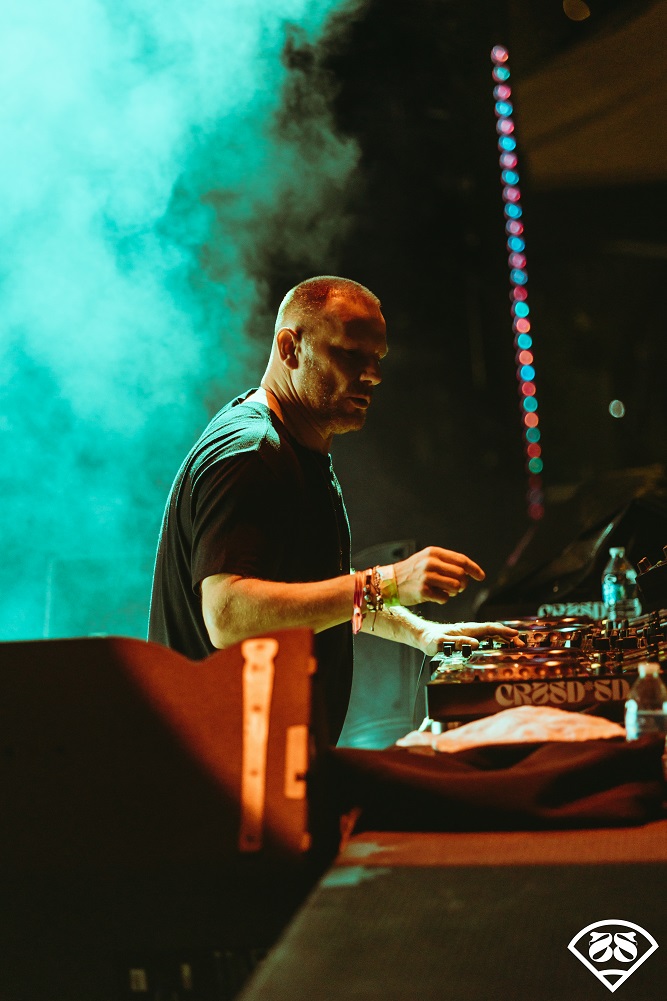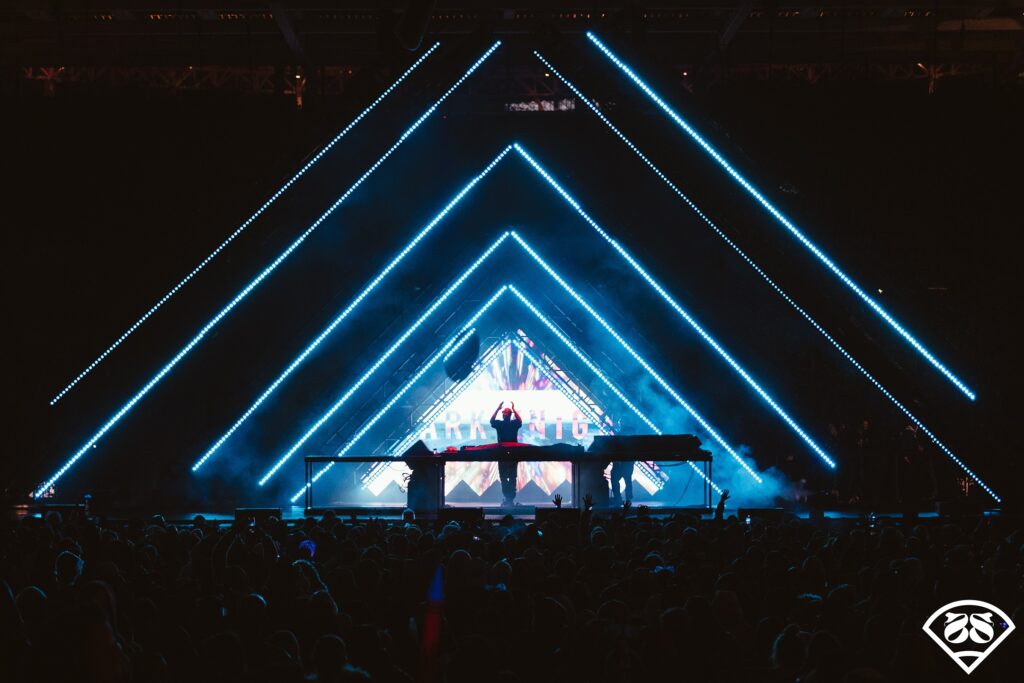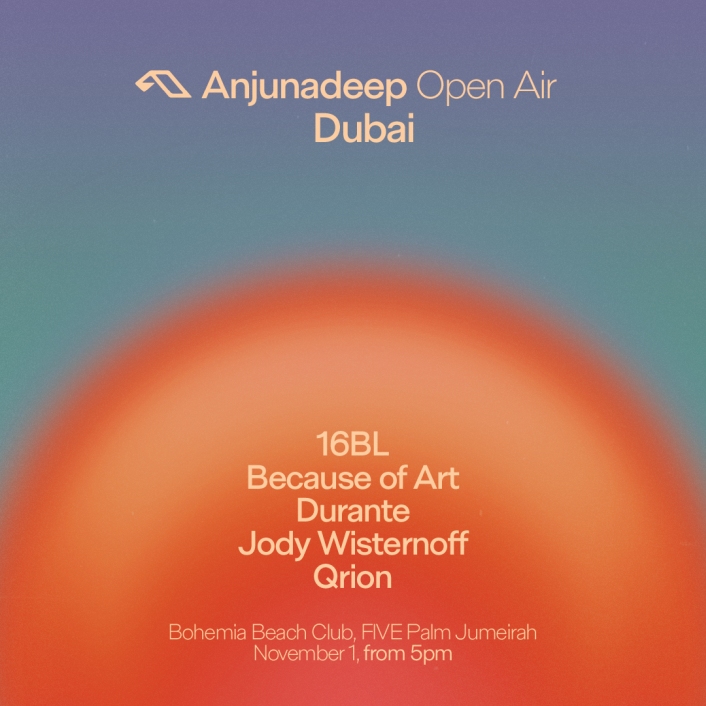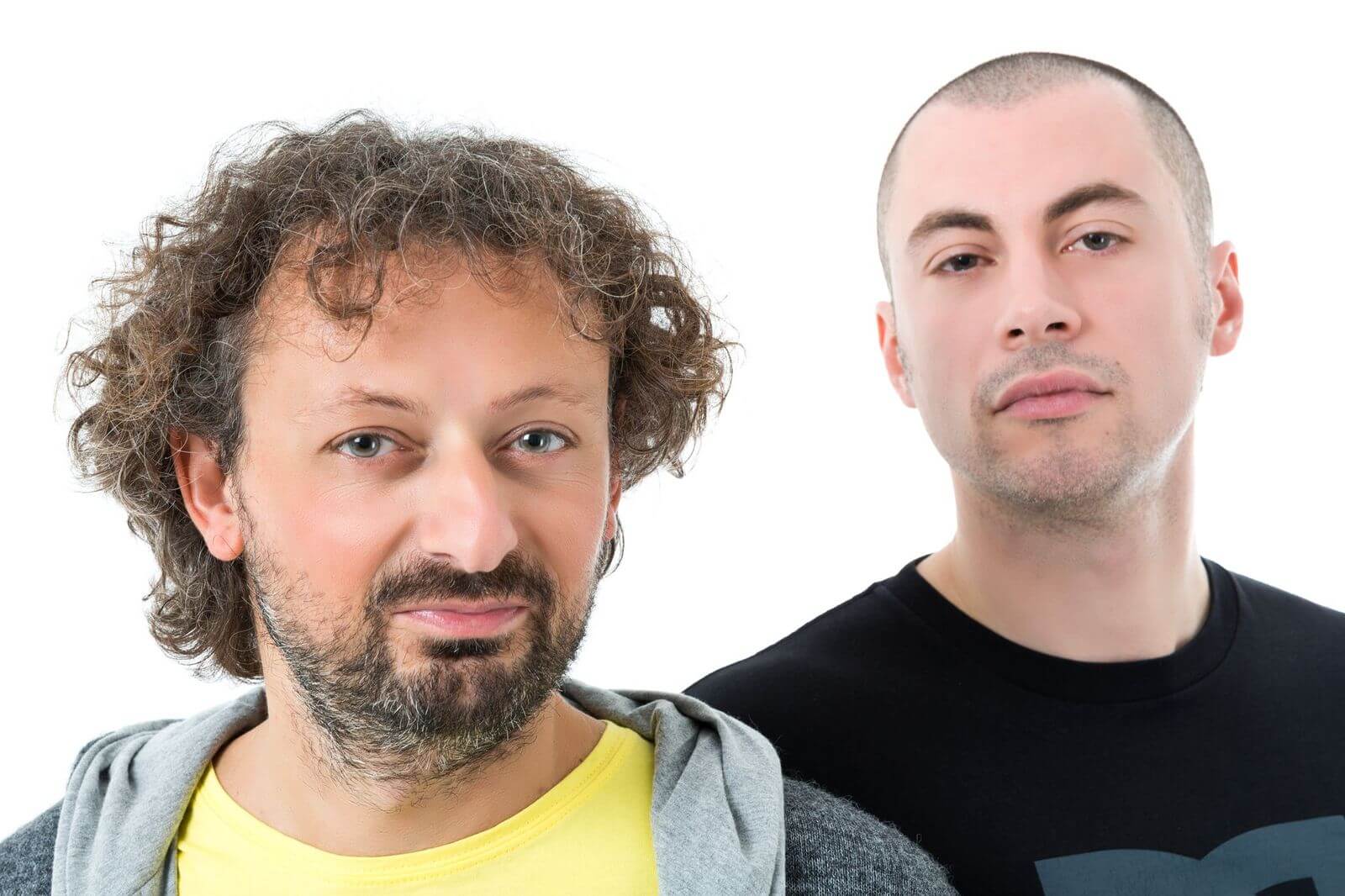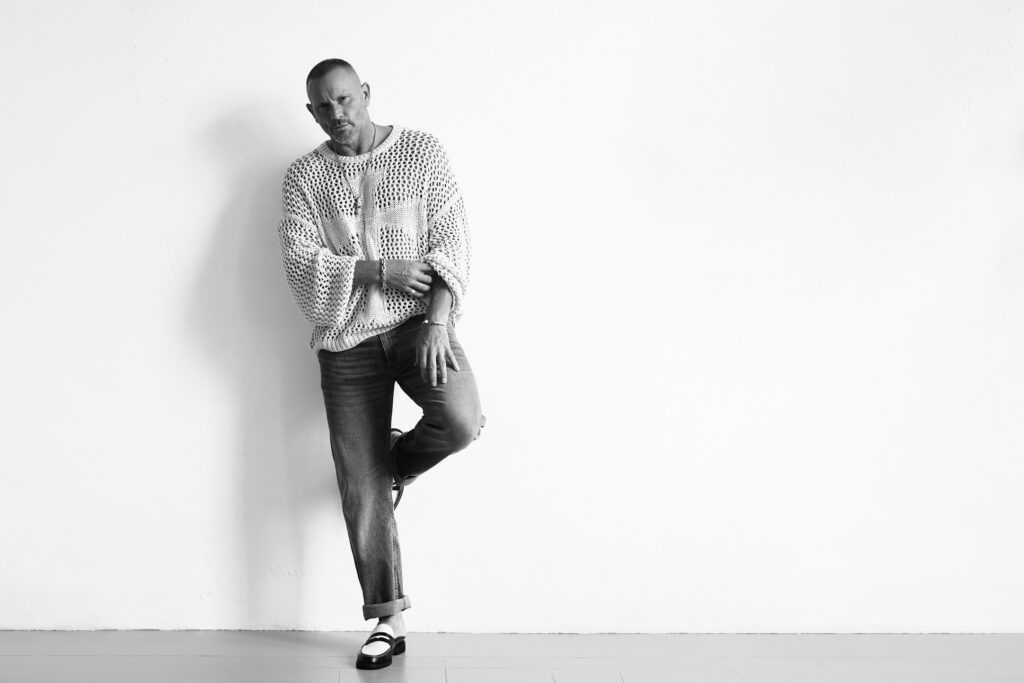
[INTERVIEW] Mark Knight Talks Career, Toolroom, Legacy, And More
We recently chatted with one of the legends of Electronic music.
It doesn’t get much better than this. We had the opportunity to talk with one of Dance music’s greatest, the one and only Mark Knight. You could very well say this man is a key player in the history of the genre, and that his legacy spans far beyond his sole discography, which, mind you, includes tracks such as ‘Man With The Red Face‘, ‘Your Love‘ and ‘Second Story‘: he’s also the founder and current head of the esteemed record label Toolroom.
With an iconic 25 years in the business, countless records released, and even more of an uncountable number of artists inspired and mentored by him and his label, the Electronic landscape would be very, very different had Mark not stepped into it. And far from retired, he’s stronger and more active than ever. As a matter of example, he’s playing two very special shows this weekend in the States: one in San Francisco, today, and one in San Diego, tomorrow.
And in the middle of all of this, we were lucky enough to land a great interview with Mark. We talked about many things, including his vast career, the meaning and legacy of the imprint, his personal philosophy going into the studio and life altogether, and much, much more. Make sure to read on and find out. This is one of my favourite interviews of the year.
The Interview
(Please note, the bolded text represents a question, while the paragraph(s) following it represent Mark’s answers.)
Thank you so much for coming. Let’s kick off by talking about touring a little bit, shall we? You are gearing up for some pretty exciting US shows. What is it about the West Coast, or the American crowd in general, that you look forward to, and what kind of goodies can the crowd expect from you behind the booth?
The draw and the appeal of playing in America is just the sheer enthusiasm. It’s unparalleled, I think. You get a lot of that in South America too, that passion is what you really want when you’re performing. It’s that connection with the crowd, that commitment, and the passion that they show. It’s really refreshing, and I guess because the scene is still relatively new there, the enthusiasm is so high.
What I love about America is they really take things on face value, which I love. To the detriment of the scene in Europe, especially in the UK, I think it’s trend-oriented, trend ahead of talent. Promoters book trends as opposed to booking great experiences. Often, the experience isn’t brilliant, but it’s a trendy thing. That has long-term effects on our scene. In America, it’s a real binary thing, they see it on face value: Are you good, or are you not good?
I was on a flight to Vegas recently, and a couple sat behind me said they were going to listen to Luciano and then Armin van Buuren the next night. They are polar opposites of the musical spectrum, but they were that open-minded. To have that scope to accept both of those in one weekend, that just doesn’t happen here. It’s a shame that we have to be aligned with a tribe and a trend as opposed to having a real musical preference. So, it’s all of those reasons that I love coming to America.
I guess we can already address the elephant in the room: Toolroom. Far from all the numbers and metrics, what does the label mean to you personally? What is Toolroom in your eyes?
It’s a great question. Toolroom for me is everything I stand for in music. It allows me to bare my soul musically. I can honestly stand behind every record we release in terms of its musical position, its quality, all of those things that I want to stand for and be remembered for in my legacy. It’s a reflection of that.
Toolroom is a business that’s run on passion but mirrored with good business acumen. It’s called the music business for a reason: it’s music and business, and we try to do that right. I guess I sit on both sides of the fence, so I treat artists the way I’d like to be treated. I was one of the drivers for starting it in the first place because I’d felt somewhat let down by other labels’ lack of professionalism. I wanted to create an output for my own music that I was in control of, to be in control of my own destiny. I wanted to do something that had a real identity but that was run properly as a business. That’s why, 22 years later, we’re still the biggest-selling label on Beatport, because we try to do the right things at the right times.
You just mentioned it, mate. Beatport recently recognised Toolroom as their biggest-selling label for a third year. What would you say is the key to the outstanding success of the imprint? How do you ensure you keep the quality demanded for a top-tier label like yours?
A lot of hard work, but it’s about making a collective, a team. That’s my job, to create a team environment that everyone feels part of. Everyone has a responsibility, but we have a direction, a vision, and we pull together, because individually we can be good, but collectively we can be unstoppable.
My job is to pull these people together to musically reflect what our team stands for, with a vision and an energy to drive it with standards and quality. This needs to be reflected in every record we release. I spend a lot of time fixing records; we work on the mix-down and the arrangement, because we’re only as good as our last record. The ultimate A&R accolade you can have is that you have a sound through years of consistency, and we do. People say they’ve written a record that sounds very “Toolroom”, and that’s what we were always striving for: to get to that point. That takes a lot of commitment to every single record, but we do it with passion, and mirrored with a great business sense.
You talk about the Toolroom sound. Funnily enough, the other day I surprised myself humming to the melody of the Paul Harris track [‘Words’]. I don’t do Tech House or House very much, and so that was doubly surprising because out of nowhere I started humming the melody, and I had to give the song a couple of repeats.
But that’s what we look for! We look for records that do exactly that. It’s that adage of when you used to go into a record shop, no names, no nothing, and you’d say, “I want the record that goes ‘Dah dah dah dah’”. Do you know what I mean? Because it had that much identity. Records need to have that identity and that level of hook for us to be interested. The big driver for us is identity: that ability that you’re remembering it at the end of the night.
What would you say is your greatest contribution to dance music? What are you most proud of from all the years you’ve been in the music industry?
I think it’s the sum of the parts, really; it’s not one particular thing. It’s what I’ve tried to do on many levels, from me artistically, and what I stand for. The biggest word for me is integrity. I’ve never got into music for money; it was because I loved it. Passion first. I always try to reflect that, and if you do passion well, you can earn money from it.
I want to be remembered for a series of great records, a brilliant record label, and being a nice guy. That sits at the top of the tree: just being a good guy to work with and for. Not only as an artist, but to start and do things as a captain, as a leader. That’s my job, to lead by example, musically, and in my approach to the way I do things.
In the studio, what’s your approach to making music? How is your mind process like when you sit down and decide to make something? Do you come inspired to the studio, do you sit down in front of a blank canvas and work from there?
I’m very much driven by having an idea before I even start. I won’t even switch the computer on unless I’ve got a defined idea of what the outcome of that looks like. I’m a record producer, my job is to have a vision for a record. My job is the idea, the vision of what we’re trying to achieve and how I pull that together.
I don’t ever go into the studio unless I know exactly what I want to achieve. My time is too precious to just start messing around. I’ll go in and I’ll really refine that idea in my head as a vision, not only of what the piece of music is, but: Where am I going to play it? What’s it going to look like? And what does it look like as a campaign? How are we going to roll it out? How am I going to make it connect with people? It might be a little bit clinical, but it’s my approach, and it works really well for me. I don’t have hundreds of tracks lying around. If I go in the studio, I write a record, I make sure it’s right, and then I’ll release it.
Have you extrapolated that organised way of thinking or way of living to the rest of your life? Because, to me, you’ve got three and a half jobs at least: you’re a producer, you’re a label head, you’re a father, and on the weekends, you’re a DJ, so that cuts your weekends in half.
Yeah, and it’s pretty tough. We’re all busy, but the difference is, how efficient can you be? Being busy is not an excuse. If you’re efficient with time and you’re organized, you can do lots and lots of things. My biggest asset is my energy; it never switches off.
I have about four or five different jobs: we’ve got a publishing company, a management company, an events business, even a football business. It’s full on, let me tell you. But my main job is being a dad. That’s my first and primary job. Dad first, everything comes second. That’s my biggest job and the job I do with the most passion. Everything else works around that, but if I’m efficient and I’m organized, I can still do a lot of things.
Do you remember a time in your career when you first had that feeling, while producing perhaps or while playing, that you had something truly magical in your hands? That this artist thing could realistically be for the long term?
I don’t know. I guess you have those moments, but things snowball, and you’re caught up in the whirlwind of it, so it’s sometimes hard to be that specifically objective. It’s just momentum, isn’t it? If you’re doing the right things, it attracts other good opportunities, so it all kind of snowballs. I think the challenge is balancing it all out and making sure you retain being the same person you were before you went into it.
I’ve never reflected; I’m always thinking about what I can do tomorrow as opposed to what I did yesterday. I’m worried in the moment, like, “This is great, but what am I going to do tomorrow?” I don’t necessarily think along those lines that much, if I’m honest.
Out of everything that has come to you via your music career, what’s one thing that you didn’t expect would happen and surprised you for the good?
That’s a good question. I don’t know if there’s been any big surprises. Again, I think it’s all quite strategic. There’s been no happy accidents as such. I think you create your own luck and you create your own opportunities through your own endeavour and hard work. Everything I try to achieve is usually strategized and has a plan behind it. I’m a bit strategy mad.
A bit of a light-hearted question now: phones, no phones, some phones, which side of the debate are you on on the dancefloor?
Definitely no phones. The whole idea is, why are you looking at me? I’m putting records on, I’m not juggling or doing a performance. When I went out as a kid, no one knew what a DJ was. You were looking at girls, you were being in the moment, you were interacting with strangers, creating a community.
The biggest compliment you could have is if the people weren’t looking at you, but rather just being in the moment with their friends. That’s what I want to achieve, people dancing. My job is to make people dance, not to be a cue to have fun. You can only be so immersed in the moment with your phones out. The best memories you have in your life are not on your phone, let me tell you. It’s not about capturing the moment, it’s about being in the moment.
If you could go back in time, let’s say 10 or 15 years, and meet your past self, what would you tell that younger Mark? Were you worried about something that wasn’t really necessary?
I think, if I could have done all of this musical career with more balance, that would have been the thing. I isolated myself from the world to double down on my career when I committed to it, and that’s not always the best path, it can get to you quite quickly. The challenge is that to become successful, you have to become laser-focused and somewhat narrow in your own personality, because you’re really going for the top, the 1% of the 1%. I missed a lot: birthdays, a lot of social things with my friends. I was like, “I’ve got to do this, got to do this”, and that’s not healthy.
I think the real measurement of success is balance. It’s not money, it’s not a position, it’s whether you can do all the things you love in the right amounts. Then you really win. I don’t think I got that right. If I had to do it again, it would be in a more balanced approach.
Thank you. And now, finally, towards the beginning of our chat we talked a bit about legacy. How do you want people to remember the name Mark Knight?
By being a good dad to start, and being a good guy. The rest is all subjective. But, you know, that’s the most important. If you’re being a good bloke, then that’s what it’s all about. The rest is just our job, right? I’ve made some great records, and hopefully people enjoy what I’ve done, but what’s more important to me as a person is to be a good person. If I can just be remembered as being a good lad—”I like Mark, he was sound”—then, happy days.
Thank you mate. That was the perfect ending.
Thank you for you time too mate.
Final Words
What I’m about to say is something I always write down, but I never feel like I truly go redundant by saying it: diving into conversations like this one is priceless. The sheer knowledge one gets when diving into the mind of an artist, a businessman, an icon, really exceeds expectations. And Mark’s way of seeing life can really teach us a thing or two about being great, especially that last answer.
Thanks to everyone who made this possible. I hope you enjoyed our chat, one of my favourites of the year, as I said earlier. Stay tuned for more, and make sure to follow Mark Knight’s timeless tunes, and label, and academy, and everything around him. He’s a real true fella.

